Israeli threat to nuke Gaza turns spotlight back on regime’s nuclear weapons
By Ivan Kesic
Calls for the nuclear disarmament of the Israeli regime have grown louder after a Zionist minister repeated the old rhetoric of using nuclear weapons against the people of Palestine.
Last week, far-right Israeli minister Amichai Eliyahu, in an interview with Israeli radio station Kol Barama, suggested that nuclear bombs could be an option in the regime’s genocidal campaign in the Gaza Strip.
Eliyahu said he was not satisfied with the scale of death and destruction inflicted by the occupying regime in the besieged territory, adding that using some kind of atomic bomb is an “option.”
The statement, albeit not new, drew widespread condemnation from officials in different countries.
On Monday, at a United Nations conference, Iran's ambassador and permanent representative to the world body, Amir Saeed Iravani, warned about the danger of the Israeli regime's nuclear weapons.
The fourth annual session of the Conference on the Establishment of a Middle East Zone Free of Nuclear Weapons and Other Weapons of Mass Destruction was held between November 13 and November 17.
"At the regional level, the arsenal of weapons held by the Israeli regime has generated immense and actual concerns of proliferation,” Iravani said during the opening ceremony of the conference.
Iran’s ambassador to the United Nations noted that the existence of such weapons, at the regional or global level, poses an existential threat to humanity, “often serving as a tool for blackmail.”
"In light of recent atrocities in West Asia, we express our urgent concern regarding Israel's policy of nuclear ambiguity and the potential use of weapons of mass destruction in Gaza or elsewhere, if not prevented now," Iravani stressed, referring to the ongoing genocide in Gaza.
"In these critical times, the imperative to establish such a zone in West Asia has never been more urgent," he hastened to add, slamming the Israeli regime for acts of terrorism and sabotage against civilian nuclear programs in the region.
Six days before the conference, Iravani sent a letter to the UN Security Council, describing as a "matter of utmost concern" the Israeli threat of using nuclear weapons against civilians in the besieged Gaza Strip.
In the letter, he also urged the international community to ramp up pressure on the Israeli regime to adhere to its obligations and dismantle its nuclear weapons program.
Other senior Iranian officials, including Foreign Minister Hossein Amir-Abdollahian and Foreign Ministry spokesman Nasser Kan'ani, have also strongly condemned Israel’s threat of nuking Gaza.
"The UN Security Council and the International Atomic Energy Agency (IAEA) must take immediate and uninterrupted action to disarm this barbaric and apartheid regime. Tomorrow is late. The White House bears full responsibility for this genocide," Amir-Abdollahian said last week.
"The boundless brutality of the Zionist regime against the oppressed Palestinian people in Gaza in recent days, with today's threat by the cabinet minister of the mentioned regime to use a nuclear bomb, is an alarm for the whole world," Kan'ani commented, in reaction to Eliyahu’s comment.
International outcry grows
Israel's reckless nuclear threats have drawn sharp criticism from several other countries and organizations, including the 57-member Organization of Islamic Cooperation (OIC), which issued a statement condemning the "abhorrent speech" by the Israeli minister.
At the ongoing UN conference, speaking on behalf of the six-nation Persian Gulf Cooperation Council, Oman’s Ambassador Mohamed Al-Hassan called on the UN Security Council and the IAEA to take decisive action on the matter.
Al-Hassan said the nuclear threat "reaffirms the extremes and brutality of the Israeli occupation against Palestinians" and their "disregard for innocent life."
China’s Ambassador Geng Shuang said Beijing was "shocked" by the threat, describing the statements as "extremely irresponsible and disturbing" as well as "worth of universal condemnation."
Geng urged the Israeli regime to become a party to the Nuclear Nonproliferation Treaty (NPT) as soon as possible, pointing out that China favors a non-nuclear West Asia and that it is needed more than ever.
A similar statement was made by Mikhail Ulyanov, Russia’s Ambassador to the IAEA and other UN organizations based in Vienna, stressing that due to the fresh aggression on the besieged territory, a nuclear-free zone in the region is more pertinent than ever.
The issue of Israel's nuclear arsenal was also raised by Turkish President Recep Tayyip Erdogan at the joint Arab-Islamic summit in Riyadh, stating that "nuclear weapons, the existence of which the minister confirmed with a threat, should be investigated."
"If there are nuclear bombs smuggled out of the control of the International Atomic Energy Agency, they must be revealed," Erdogan asserted, hailing the decision to hold a denuclearization conference.
The resolution condemned the Israeli nuclear threat and called for a conference on the establishment of a nuclear-free zone in the West Asian region, under UN frameworks.
Israeli regime’s nuclear arsenal
The UN General Assembly in 1996 passed a resolution calling for establishing the Middle East (West Asia) nuclear-weapon-free zone (MENWFZ), an idea supported by all regional countries.
The Israeli regime, an illegitimate entity, has been bent on violating all international conventions.
The regime has refused to sign the Nuclear Non-Proliferation Treaty, which has allowed it to secretly develop its nuclear arsenal, including hundreds of nuclear warheads.
It has, with Western backing, maintained a policy of deliberate ambiguity, neither denying nor admitting to possessing nuclear weapons.
The Tel Aviv regime launched its nuclear program in 1952 with technological know-how from France and the US, the two countries most vocal about Iran’s peaceful nuclear program.
The regime is believed to possess more than a hundred nuclear warheads, enough to produce at least 200 nuclear weapons. Around 5 kg of weapons-grade plutonium is required for one nuclear bomb.
Despite the regime’s refusal to sign the NPT, the International Atomic Energy Agency (IAEA) has adopted a notoriously soft approach toward it, under the pressure of Western states.
The same evasion of international obligations with American assistance is visible in the ongoing aggression in Gaza, which has claimed the lives of thousands of civilians, mostly children.
The regime has been bombing hospitals, schools and places of worship in the besieged coastal territory, dropping internationally banned munitions such as white phosphorous.
Israeli tank fires on Lebanese army during joint UN mission in south Lebanon: Report
Iran certain to deliver decisive response to Trump’s threats: Senior commander
Netanyahu skipped Davos amid arrest fears: Reports
VIDEO | West’s support for terror in Iran
VIDEO | Press TV's news headlines
More Europeans see Trump as 'enemy' than 'friend': Survey
Ukraine war talks begin in UAE as Russia repeats Donbas demand
Iran slams UNHRC session as illegitimate, says no submission to foreign pressure


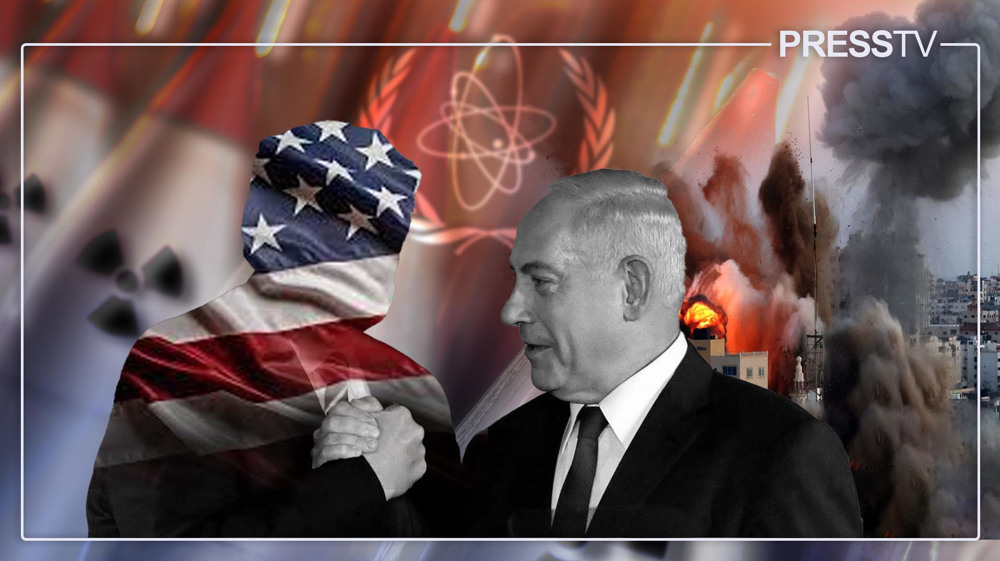
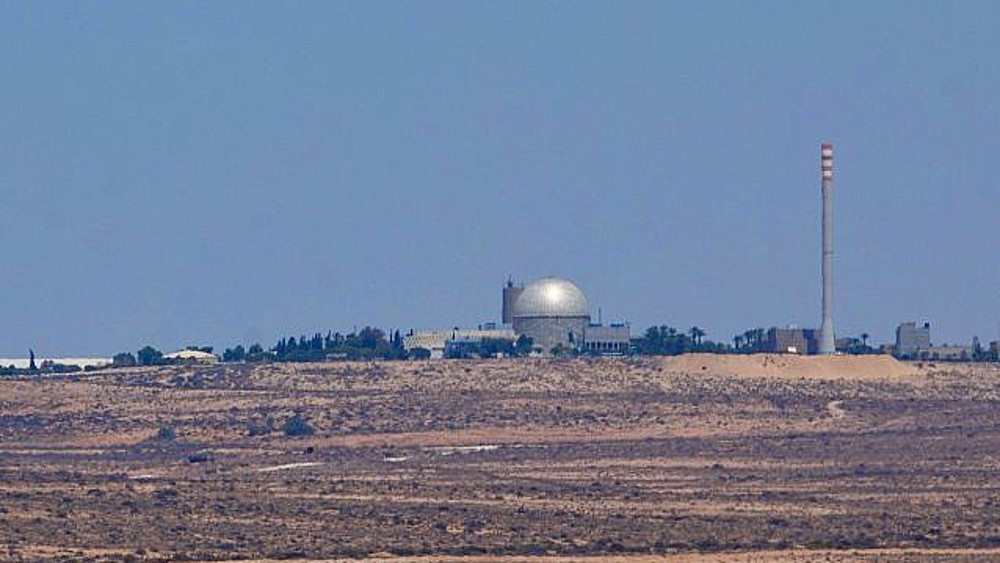
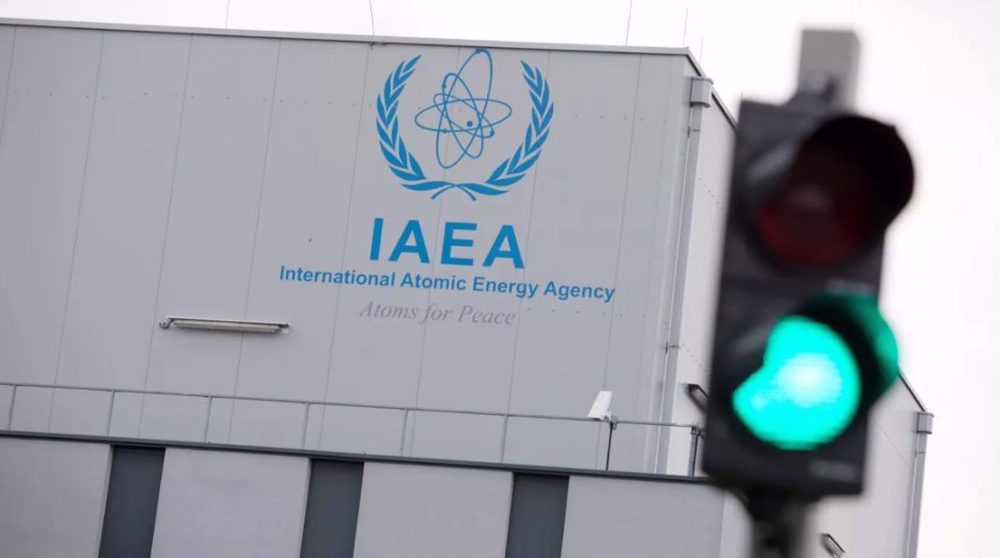
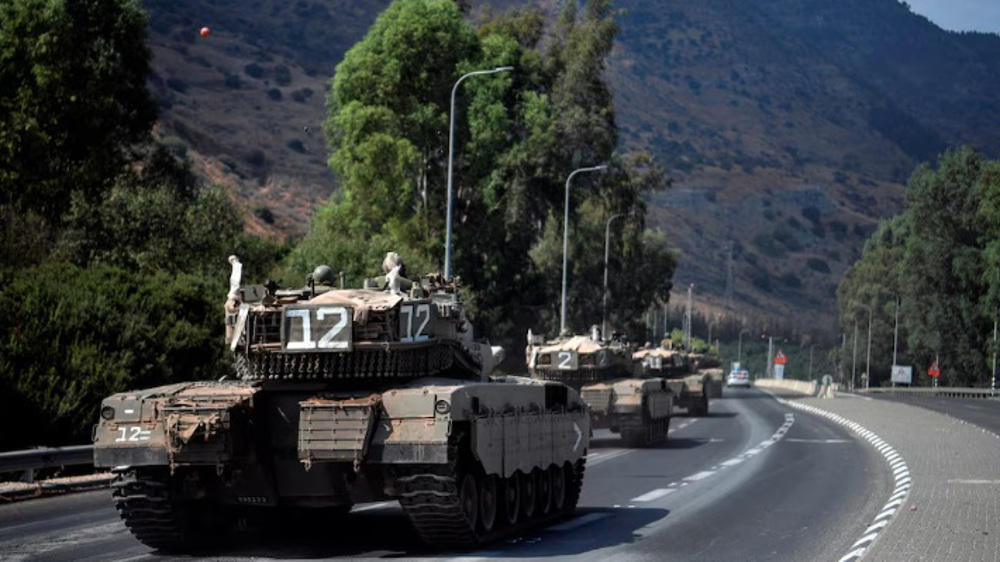
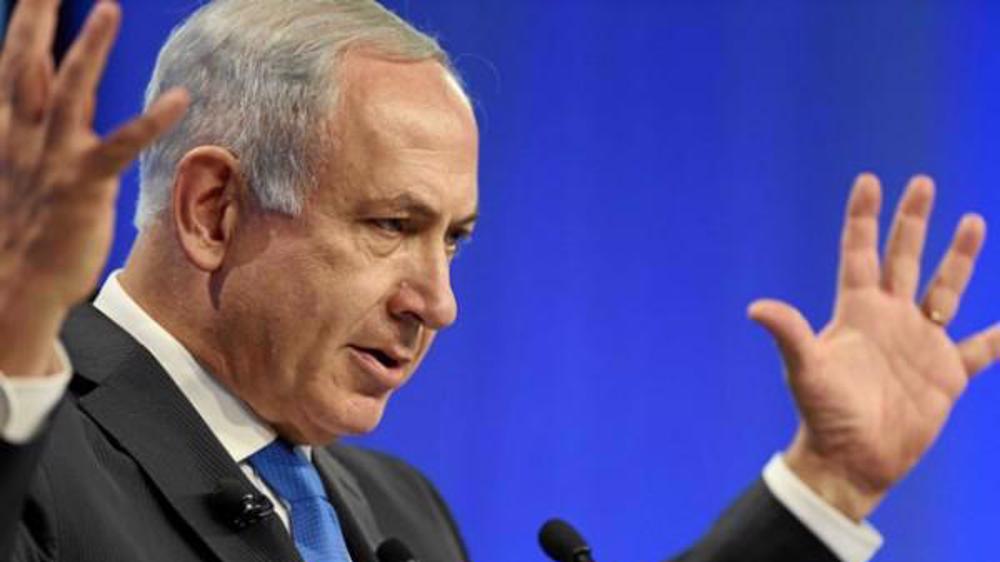
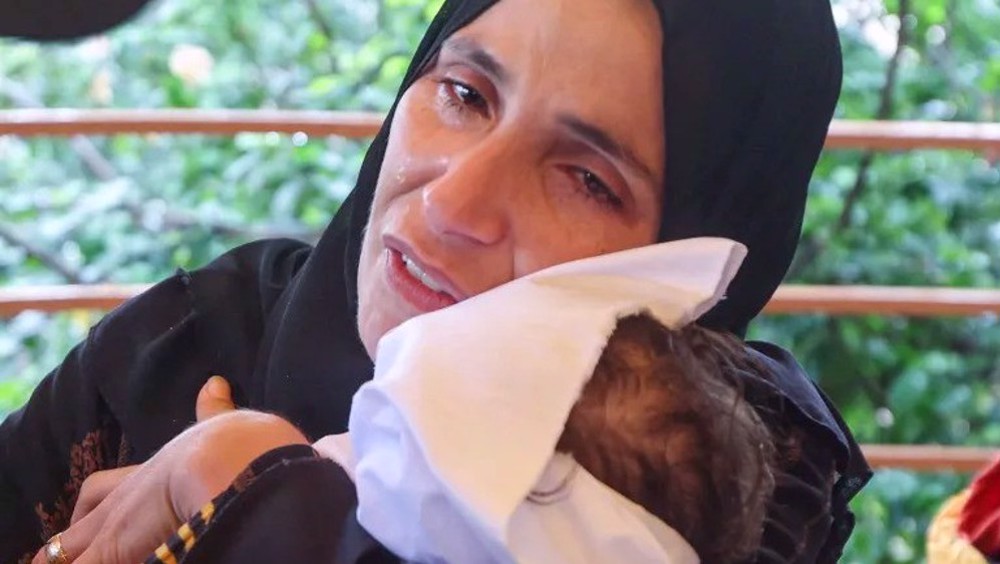



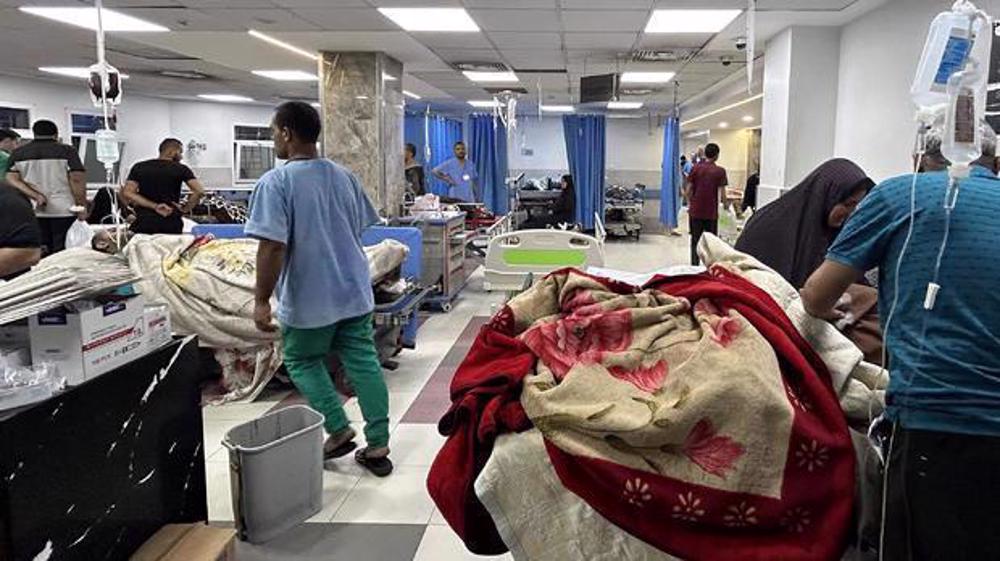
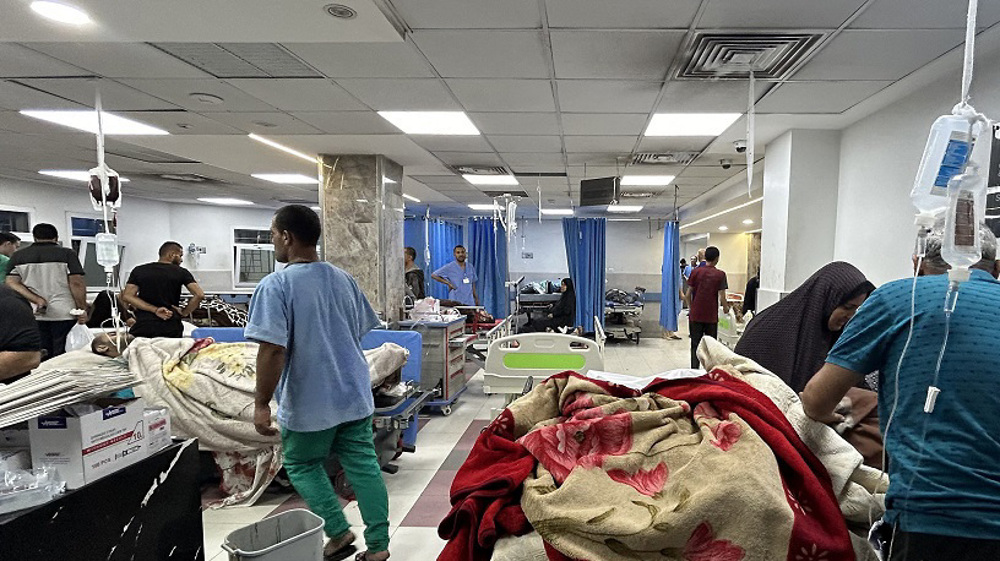
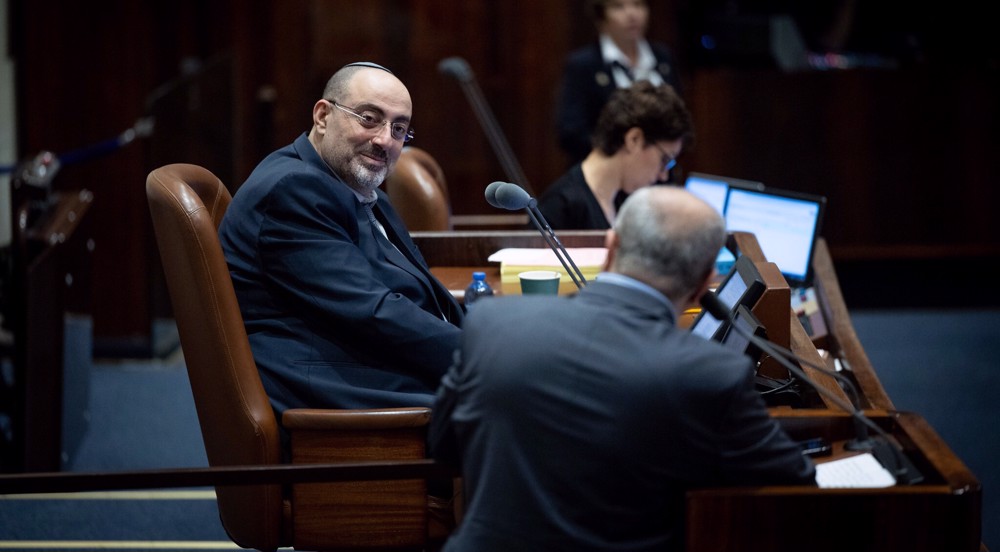
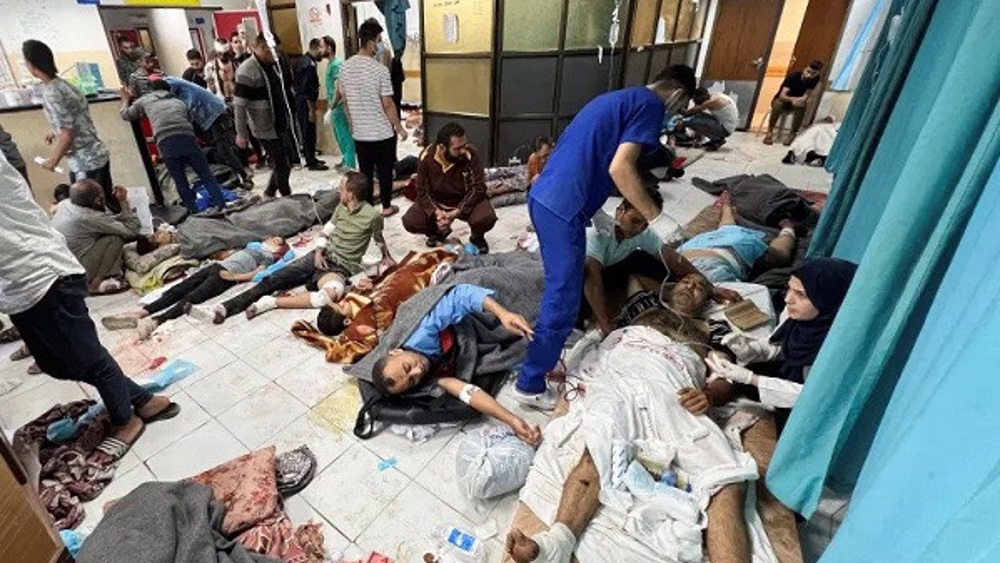
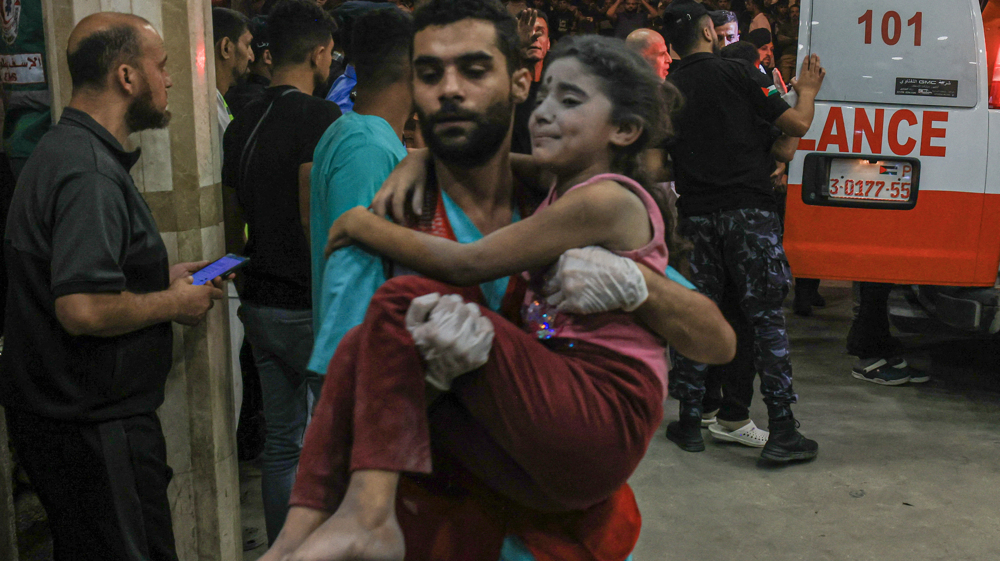

 This makes it easy to access the Press TV website
This makes it easy to access the Press TV website